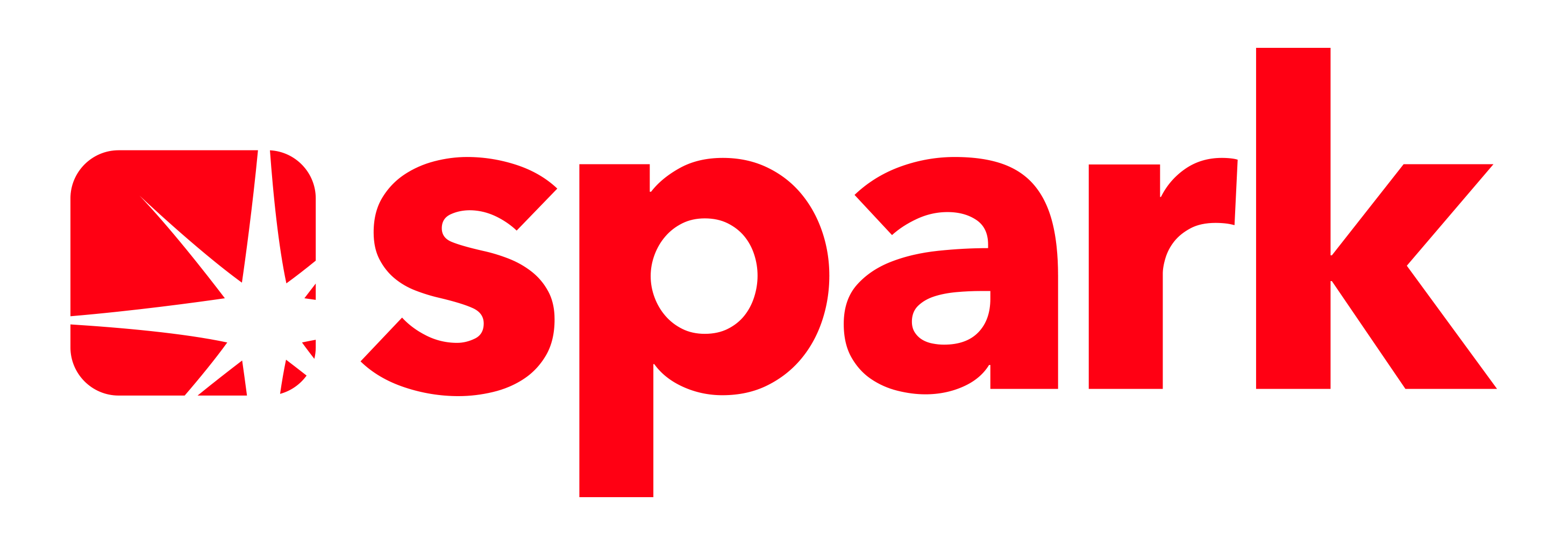Federal
1. The federal tax credit covers 30% of an EV charging station, necessary equipment and installation costs. For residential installations, the IRS caps the tax credit at $1,000.
Federal Tax Credit for Residential EV (rebates4evchargers.com)
2. The US Environmental Protection Agency (EPA) is offering $3 Billion for port authorities and state, regional, local, and tribal agencies with jurisdiction over ports, and air pollution control agencies to deploy zero-emission port equipment and to purchase and install charging infrastructure through its Clean Ports Program. EPA will provide reimbursement of up to $500 Million, up to 80-90% of total eligible project costs, depending on applicant and project details. Applications will be evaluated competitively and will be accepted between February 2024 and May 2024.
3. The National Electric Vehicle Infrastructure Formula Program allocates $5 billion in funding for EV charging infrastructure across 75,000 miles of highway across the country. Your organization must be within one mile of an established alternative fuel corridor to qualify and may need to meet other requirements as well.
Hawaii
1. Hawaii Energy administers the EV Charging Station rebate program on behalf of the Hawaii Public Utilities Commission, which offers rebates up to $35,000 to commercial entities, workplaces, and multifamily dwellings for the installation of Level 2 and direct current fast charging (DCFC) stations.
https://hawaiienergy.com/for-business/rebates-for-business/electric-vehicle-charging-stations/
2. PPGA offers commercial customers a rebate of $1,500 for the purchase of a new propane vehicle or propane conversion. Eligible vehicles must be purchased in 2023. Rebates are available on a first-come, first-served basis. https://pacificautogas.com/
3. Hawaii Electric Company provides a lower rate for customers charging at specific times of day.
4. Smart Charge Hawaii offers a discounted charger rate if you live in the Hawaiian Electric service territory.


